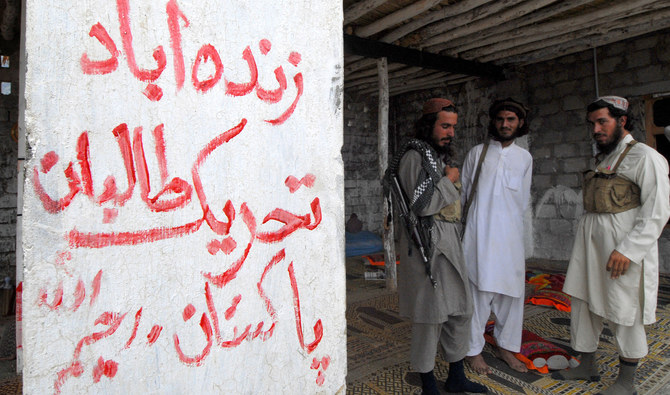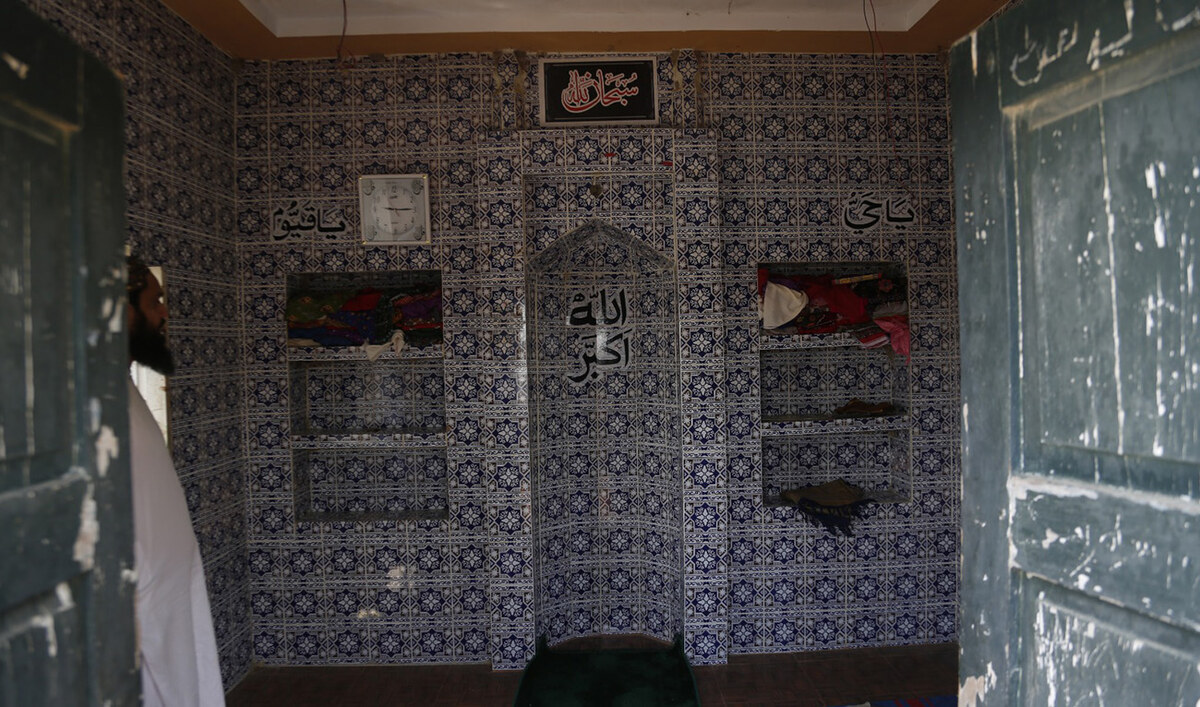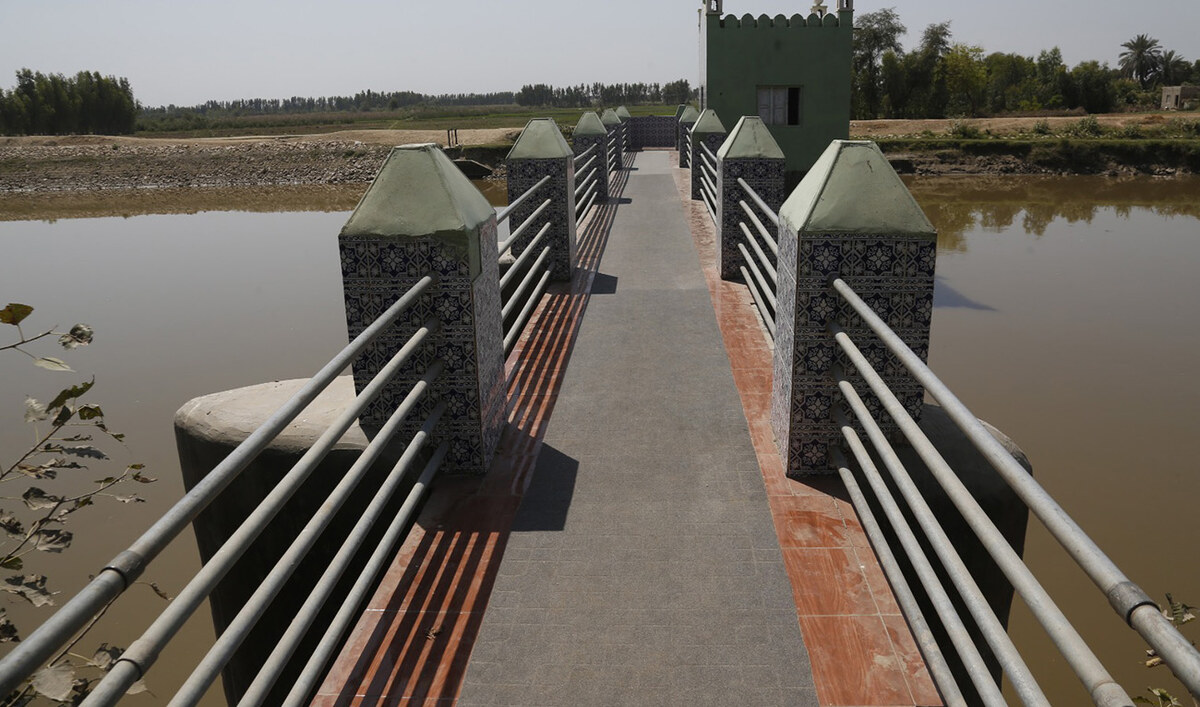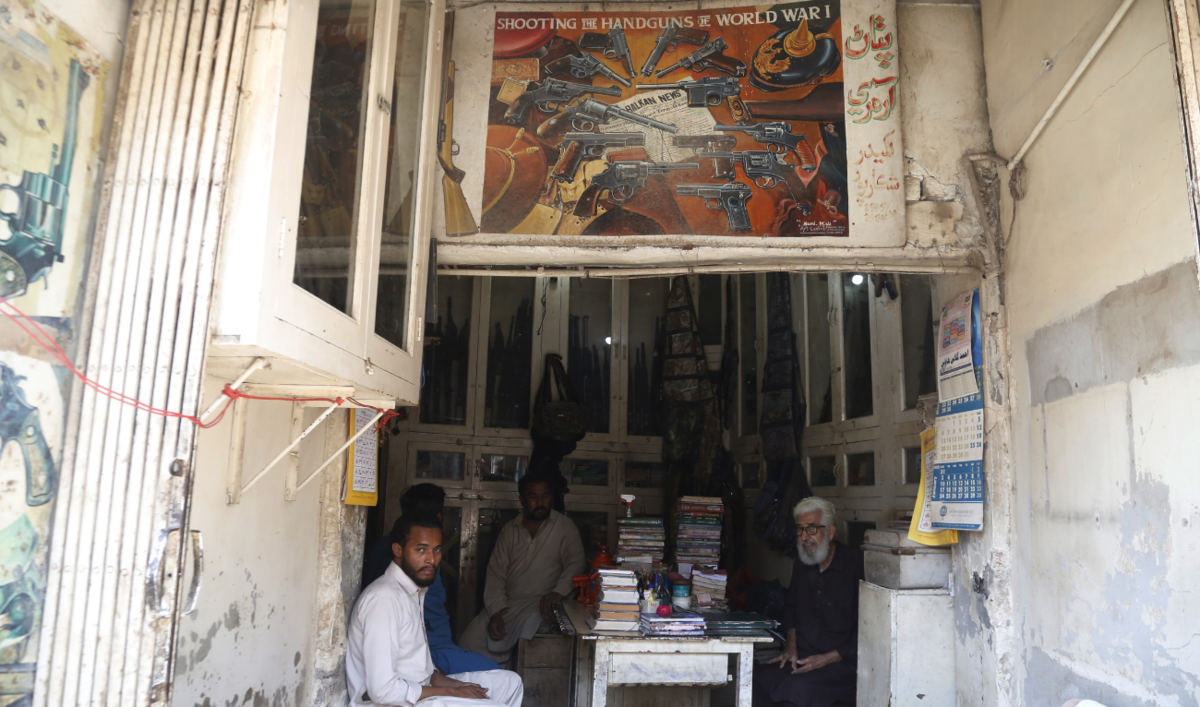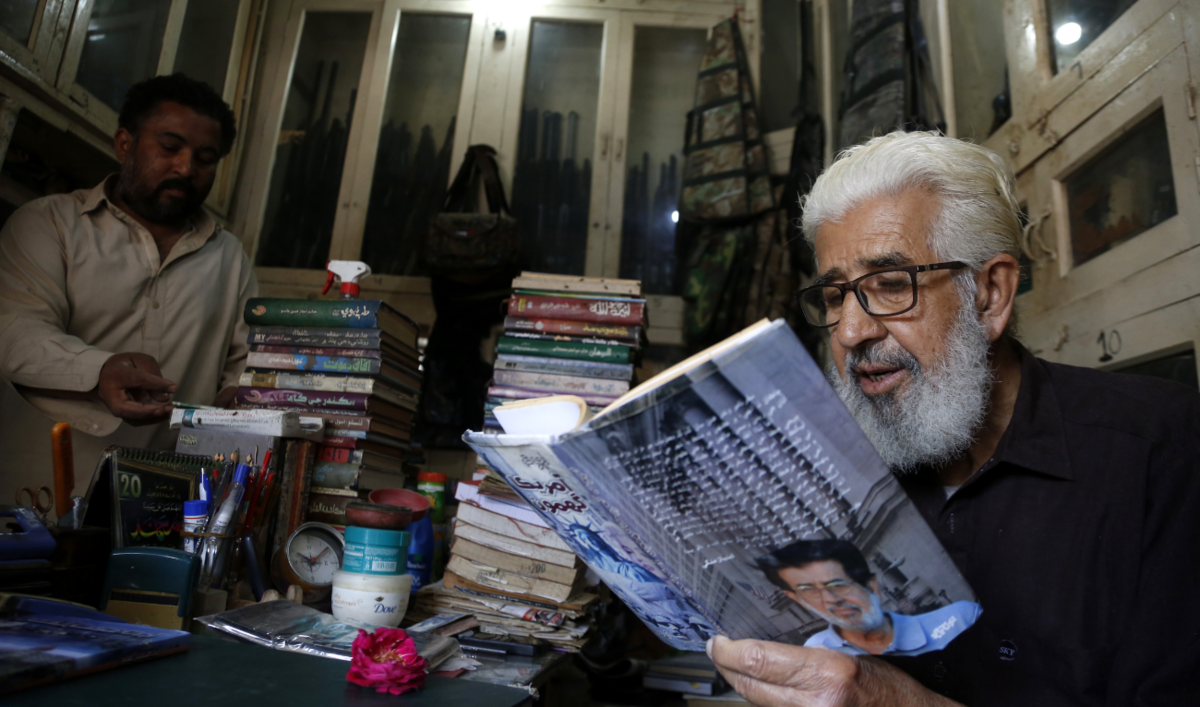ISLAMABAD: The United Nations described the proscribed militant network Tehreek-e-Taliban Pakistan (TTP) as the “largest terrorist group” in Afghanistan this week, confirming Pakistani officials’ assertions the current Afghan administration is harboring the group and facilitating its cross-border attacks.
In November of last year, Pakistan issued a strongly worded statement against the Kabul administration, reporting a 60 percent increase in militant violence and a 500 percent surge in suicide bombings since the Taliban’s return to power in 2021.
Former caretaker Prime Minister Anwar-ul-Haq Kakar said there was evidence the Afghan Taliban were “facilitating” such attacks, despite repeated requests from Pakistani authorities to prevent their soil from being used against any state. He noted that 15 Afghan nationals were involved in suicide attacks in Pakistan while 64 had died in clashes with Pakistani law enforcement.
Pakistan also launched a deportation drive against “illegal immigrants,” primarily Afghans, citing security concerns.
“Notwithstanding continuing assertions by the Taliban that there are no foreign terrorist groups in Afghanistan other than ISIL-K [Islamic State of Iraq and the Levant, Khorasan chapter], Member States reported that over two dozen groups still operate in the country, enjoying freedom of maneuver under the de facto authorities with oversight from the General Directorate of Intelligence,” said the report by the UN Sanctions Monitoring Team released on Wednesday.
“TTP remained the largest terrorist group in Afghanistan, with an estimated strength of 6,000–6,500 fighters,” it continued. “One Member State expressed concern that greater collaboration between TTP and Al-Qaida could transform TTP into an ‘extraregional threat.’“
It said that Al Qaeda’s training had resulted in TTP shifting tactics and highprofile attacks against hard targets.
The report highlighted weapon transfers to TTP as well as the release of Daesh prisoners from local jails after securing their consent to join the banned Pakistani militant network.
“One Member State detailed how the Taliban exerts pressure on TTP through funding, reportedly providing 3.5 million afghanis ($50,500) on a monthly basis to TTP leader Noor Wali Mehsud ... while also directing him to garner additional sources of revenue from donors,” it added.
The UN document said the Afghan Taliban remained concerned that excessive pressure might push TTP towards collaboration with Daesh.
It acknowledged that TTP had intensified attacks against Pakistan, “significantly increasing from 573 in 2021 to 715 in 2022 and 1,210 in 2023, with the trend continuing into 2024.”
The report also noted that advanced military equipment, especially night vision devices transferred to TTP after the Taliban takeover, had added lethality to the groups attacks against Pakistan’s military border posts.
“Despite current stability, Afghanistan will remain a source of insecurity for Central Asia and the region in most scenarios,” it added, questioning the ability of the Taliban administration to with complex governance challenges in Afghanistan.


